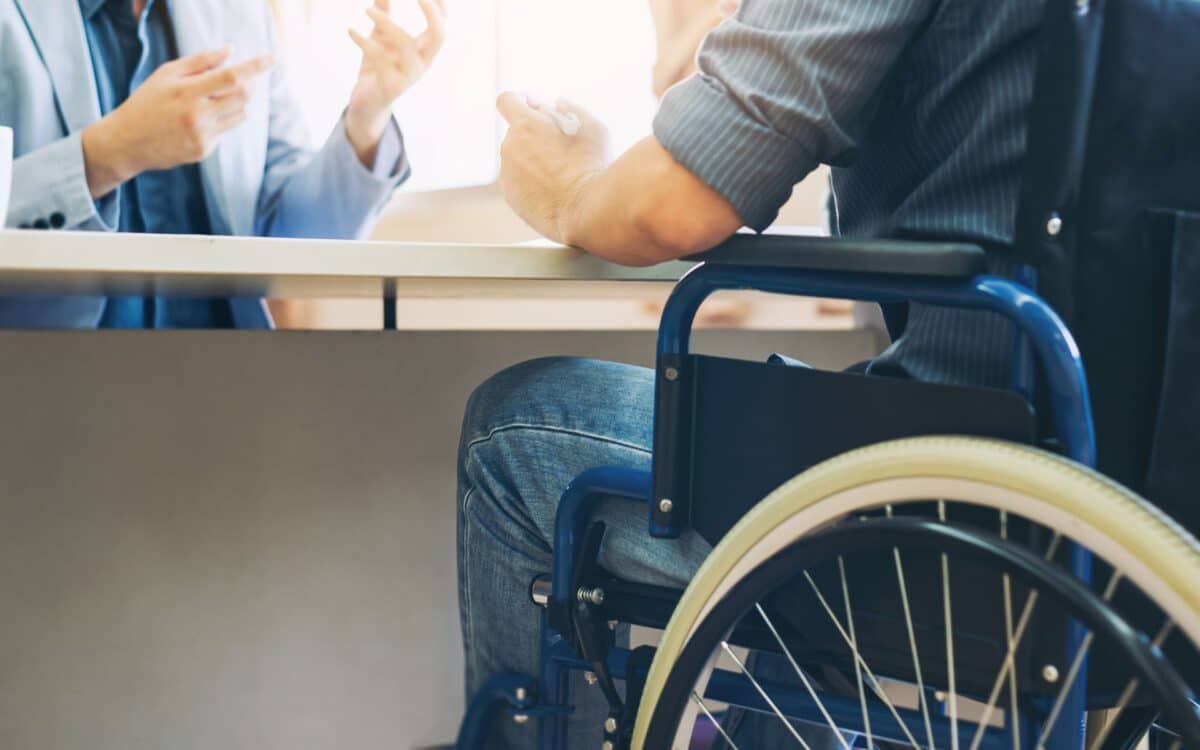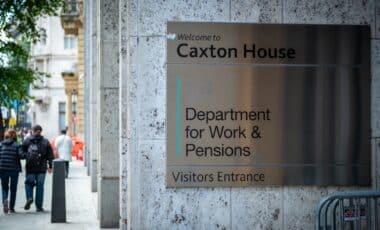The UK government is planning a major overhaul of disability and incapacity benefits to reduce economic inactivity and encourage more people into employment. The reform, set to be announced in spring, will revamp the work capability assessment, making it harder for claimants to qualify for long-term financial support. This means fewer people will be signed off from work and granted additional benefits.
The proposed changes will primarily affect claimants of Personal Independence Payment (PIP), Employment and Support Allowance (ESA) and Universal Credit (UC). Ministers argue that too many people remain economically inactive, particularly in certain regions such as Birmingham, where 70% of Universal Credit claimants are not in employment. The government believes that restructuring benefits will encourage more people to re-enter the workforce, while critics worry about the impact on those with long-term health conditions and disabilities.
Reforming PIP and Incapacity Benefits
The government aims to address the overlap between different benefits and increase the number of claimants in employment. Currently, many recipients of PIP, ESA and Universal Credit do not work due to health conditions or disabilities.
The Office for Budget Responsibility said: “Personal Independence Payment (PIP) is the working-age disability benefit which helps individuals deal with the extra costs of having a disability. Unlike incapacity benefits, PIP is not means-tested and is available to those in work. Only around one-sixth of PIP recipients are in work, a number that has been fairly stable over recent years.”
“There is significant overlap between disability and incapacity benefits. Around two-in-three claimants who received ESA or UC also received PIP or DLA, and around two-in-three claimants who received PIP or DLA also received ESA or UC.”
Changes to the Work Capability Assessment
The work capability assessment, which determines whether a claimant is fit for work, will be restructured to make it harder for people to qualify for incapacity benefits. This means fewer people will receive additional financial support and instead will be encouraged to seek employment.
Sir Stephen Timms, DWP Minister for Social Security and Disability, says: “We believe there is a strong case to change the system of health and disability benefits across Great Britain so that it better enables people to enter and remain in work, to respond to the complex and fluctuating nature of the health conditions many people live with today.”
“This government is committed to putting the views and voices of disabled people at the heart of all that we do, and with any reform, including the Health and Disability Green Paper we intend to publish in the spring, we will consult with disabled people and representative organisations. Ahead of the formal consultation for the Green Paper, we have already started to explore ways of engaging with disabled people and their representatives, including through stakeholder roundtables and public visits, and look forward to progressing these initiatives over the coming months.”
PIP Payments for Mental Health Under Review
The Centre for Social Justice (CSJ) has proposed significant changes to PIP eligibility. It suggests that claimants with mental health conditions should no longer receive financial support and should instead receive targeted assistance in non-monetary forms.
The CSJ said: “The CSJ calls for an overhaul of benefits payments to sickness and disability claimants, under which PIP would be restricted to those with physical ailments and those with mental disorders would be given in-kind targeted support rather than cash.”
Recent data shows that psychiatric illnesses account for 38% of PIP claims, with conditions such as anxiety and depression being among the most common. The number of new PIP claims due to mental health issues has risen by 209% since 2019, costing the government significantly more in benefits.









